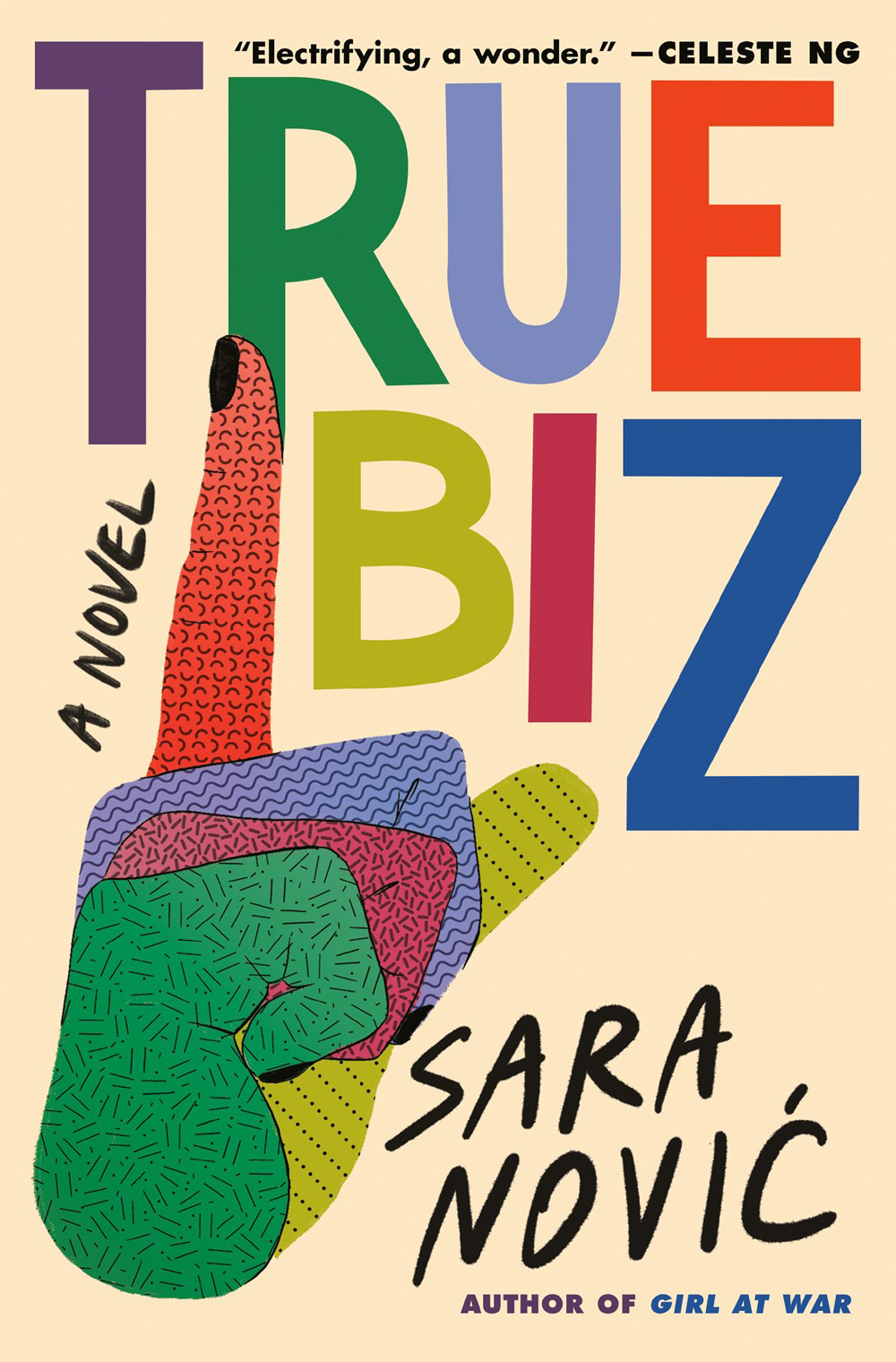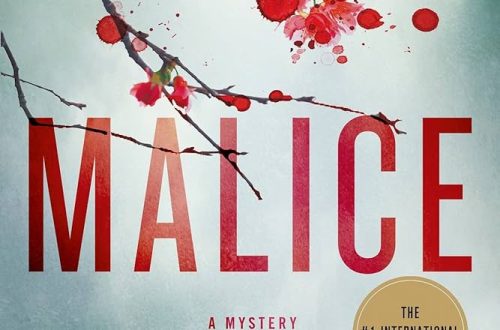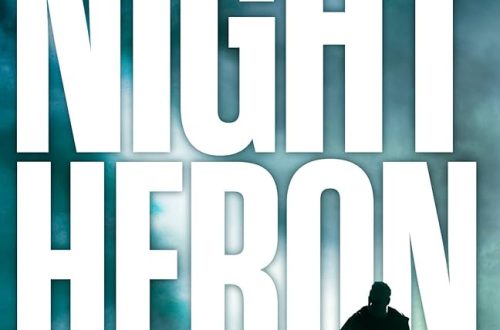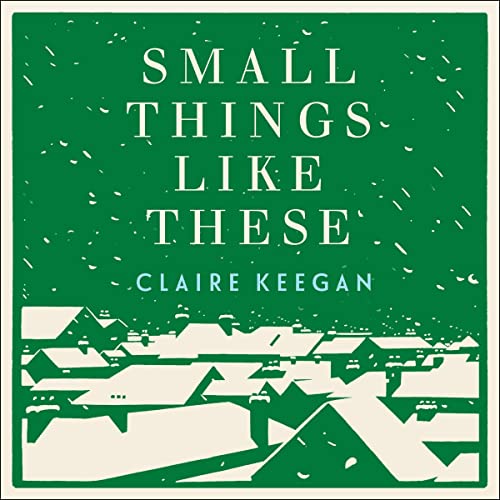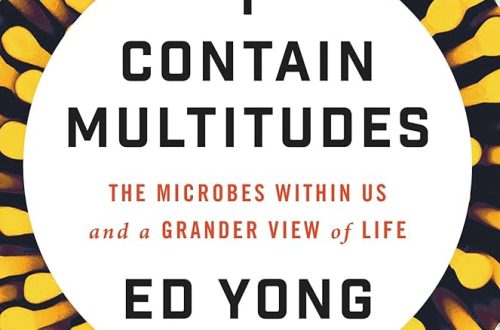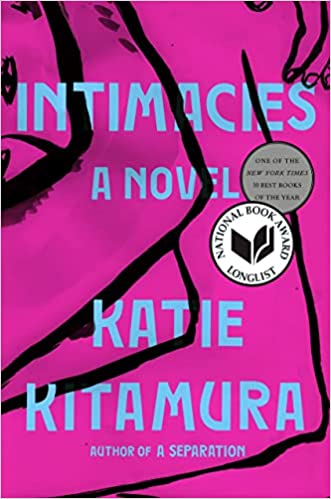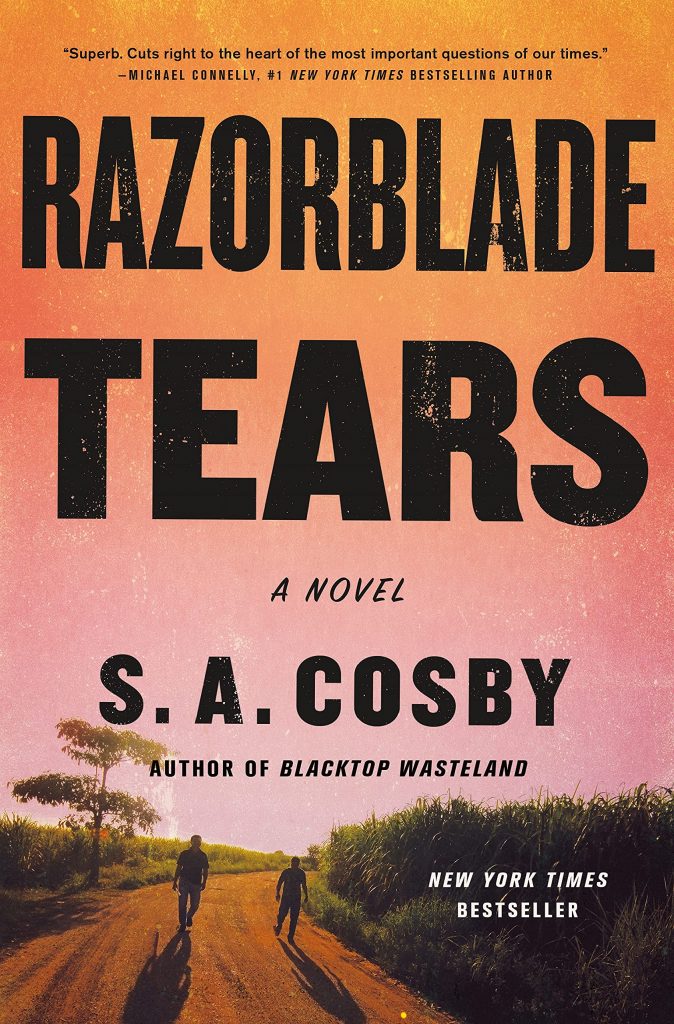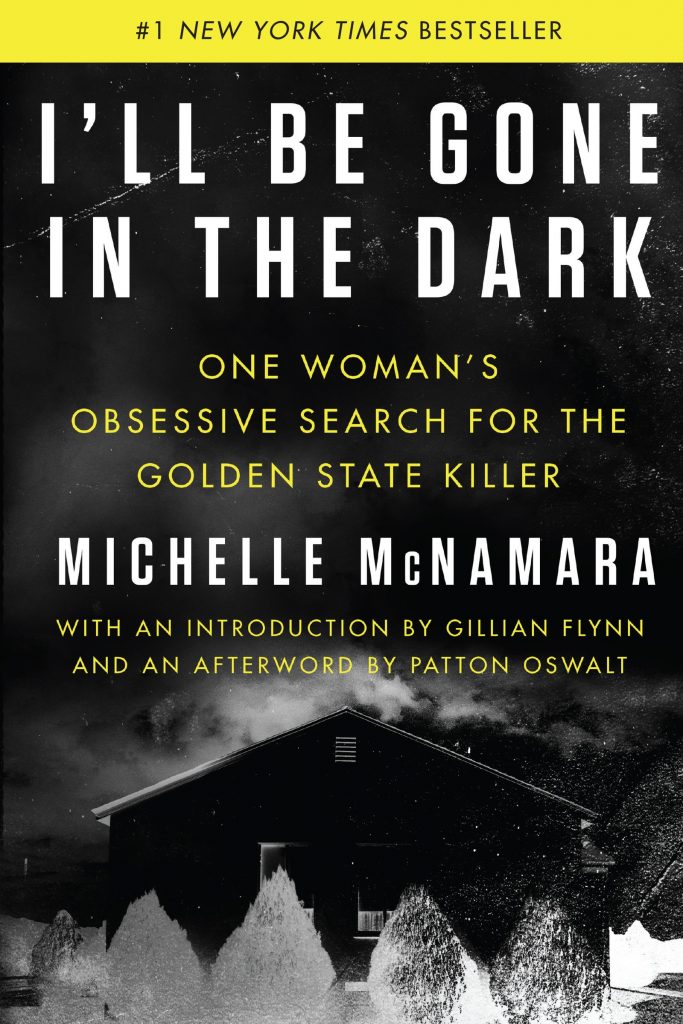The scene is River Valley School for the Deaf just outside Cincinnati, Ohio. Charlie, a teenager with crappy cochlear implants and parents who prevented her from learning to sign, moves from mainstream Jefferson High to River Valley. Deprived of full language learning until her transfer in 11th grade, Charlie has to learn American Sign as a second language amongst students whose mother tongue is ASL. Also she has to manage divorced parents, boarding school, and teenage experimentation with drugs, alcohol, sex, and her first opportunity to attend classes not as a “special” learner.
As readers we learn the basic history and rules of grammar of ASL, Black ASL, the racist reasons for Black ASL, and centuries-long attempts to squash the separate culture and identities of deaf people. Alexander Graham Bell is among the more recent eugenicists (really) who thought that deaf people should be eliminated from society. Which raises the question—while we root for Charlie to overcome the buzzing implant in her head and a mother who still wishes her daughter were perfect, rather than deaf—of whether scientific advances in implant technology will correctly, or wrongly, eliminate deafness and a proud deaf culture.
